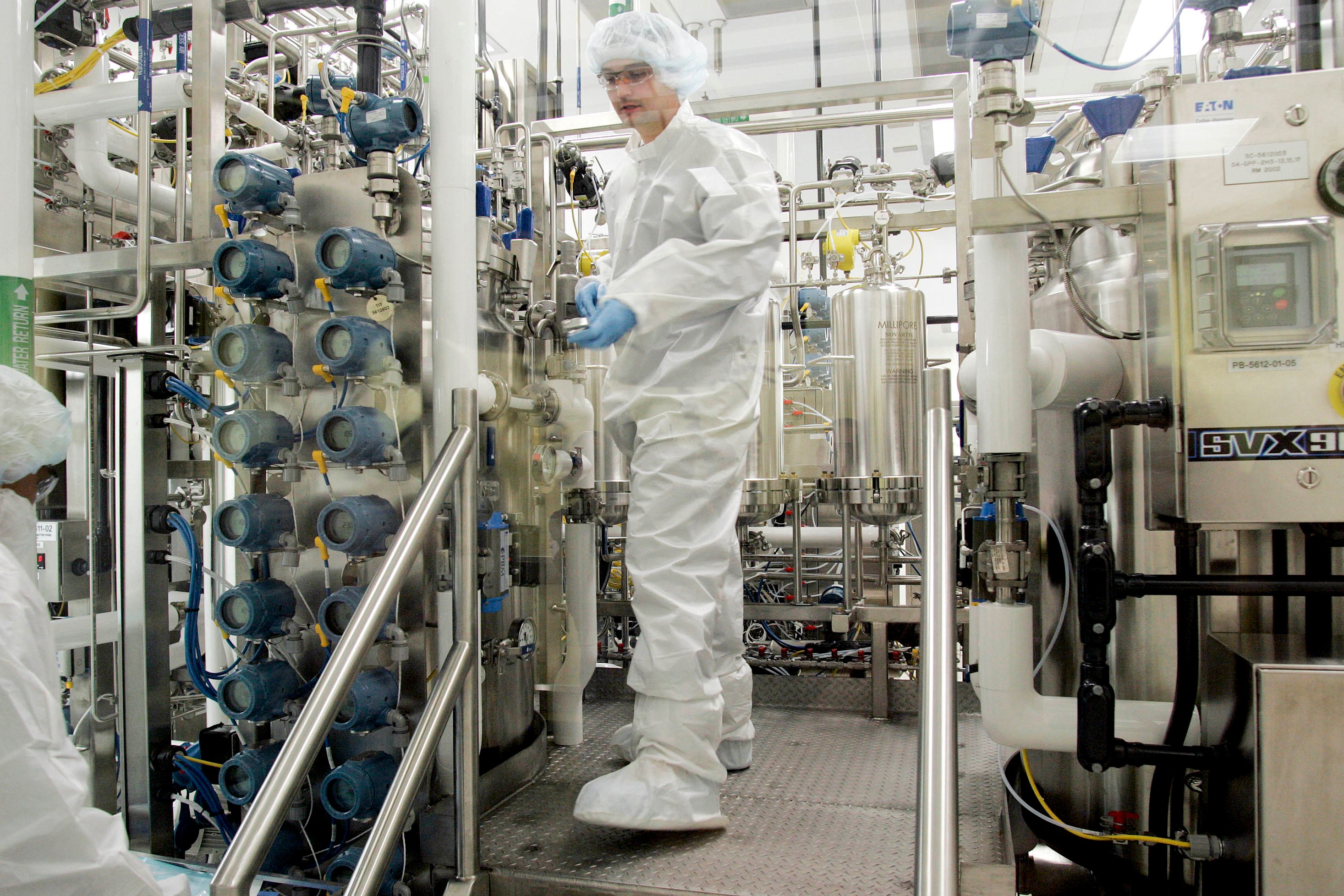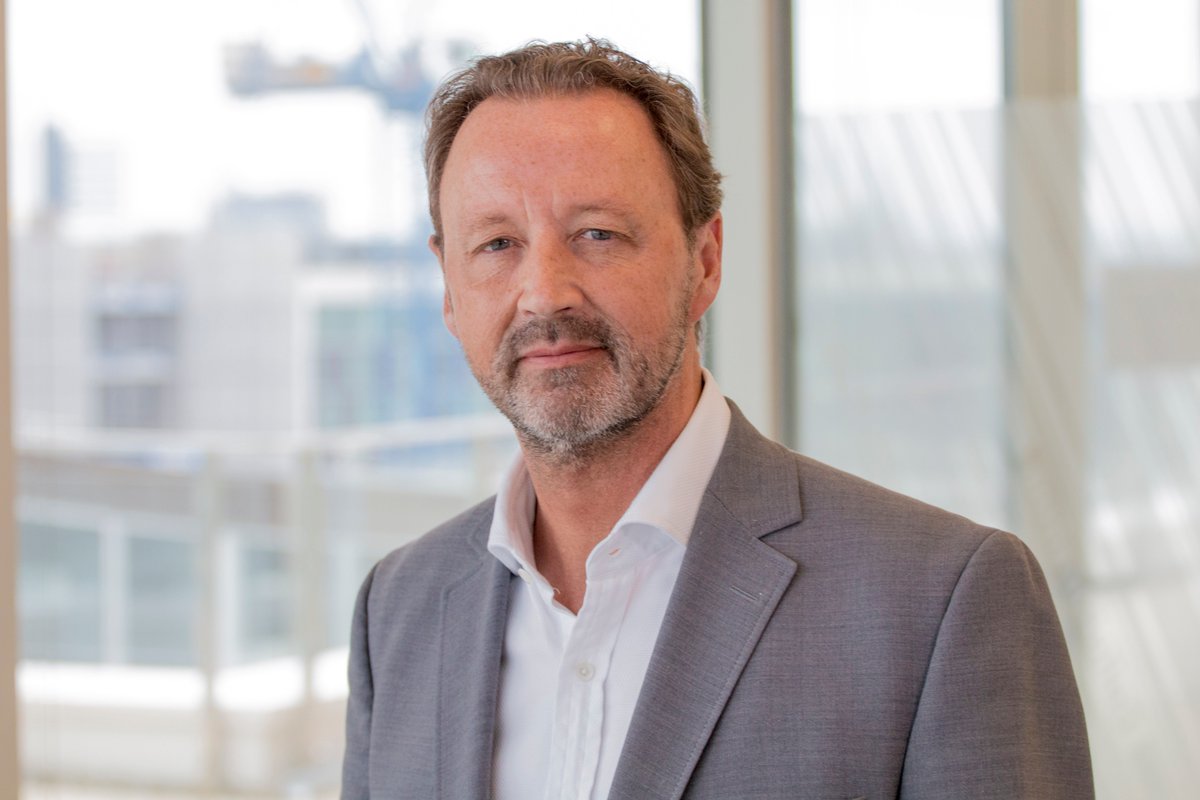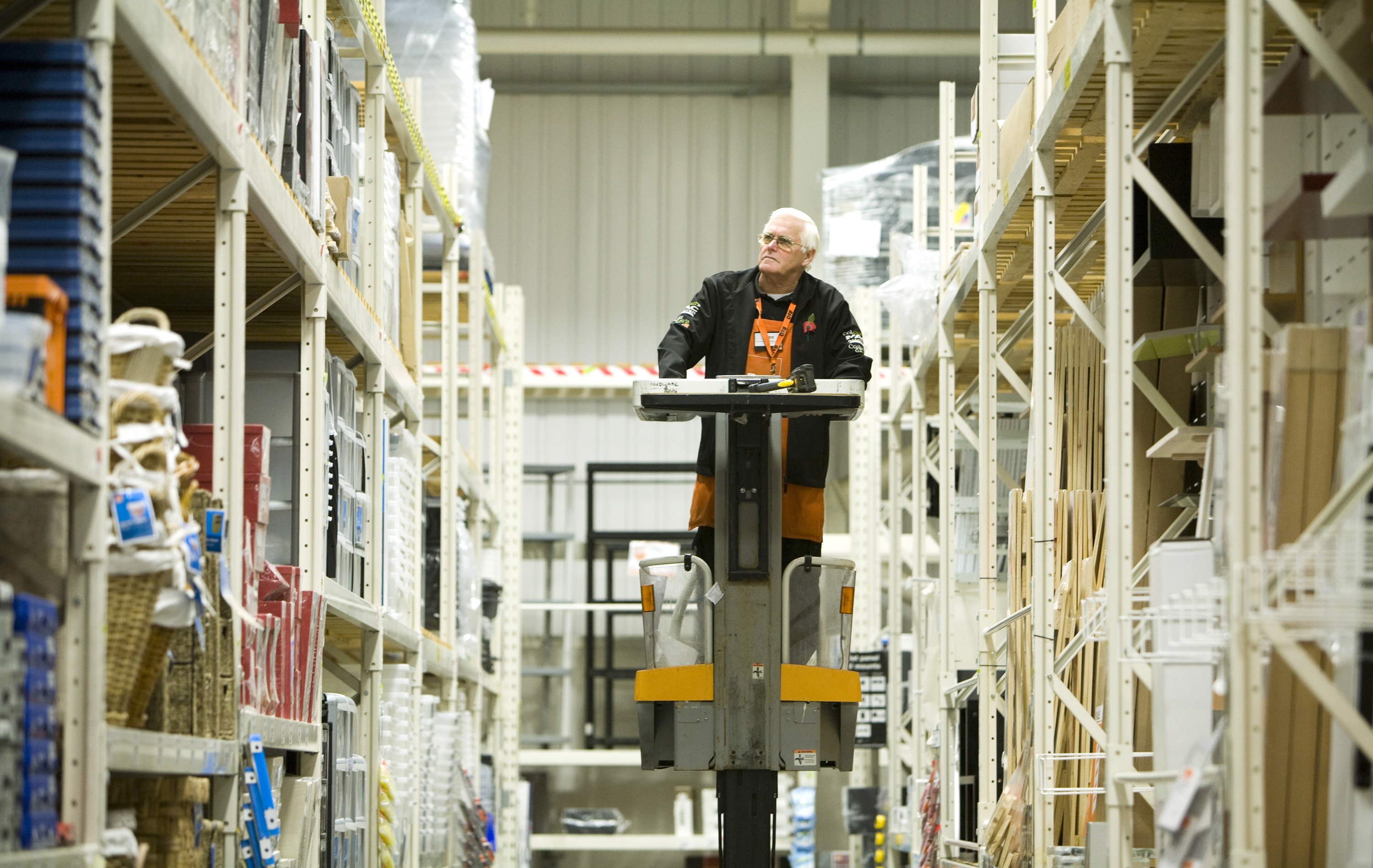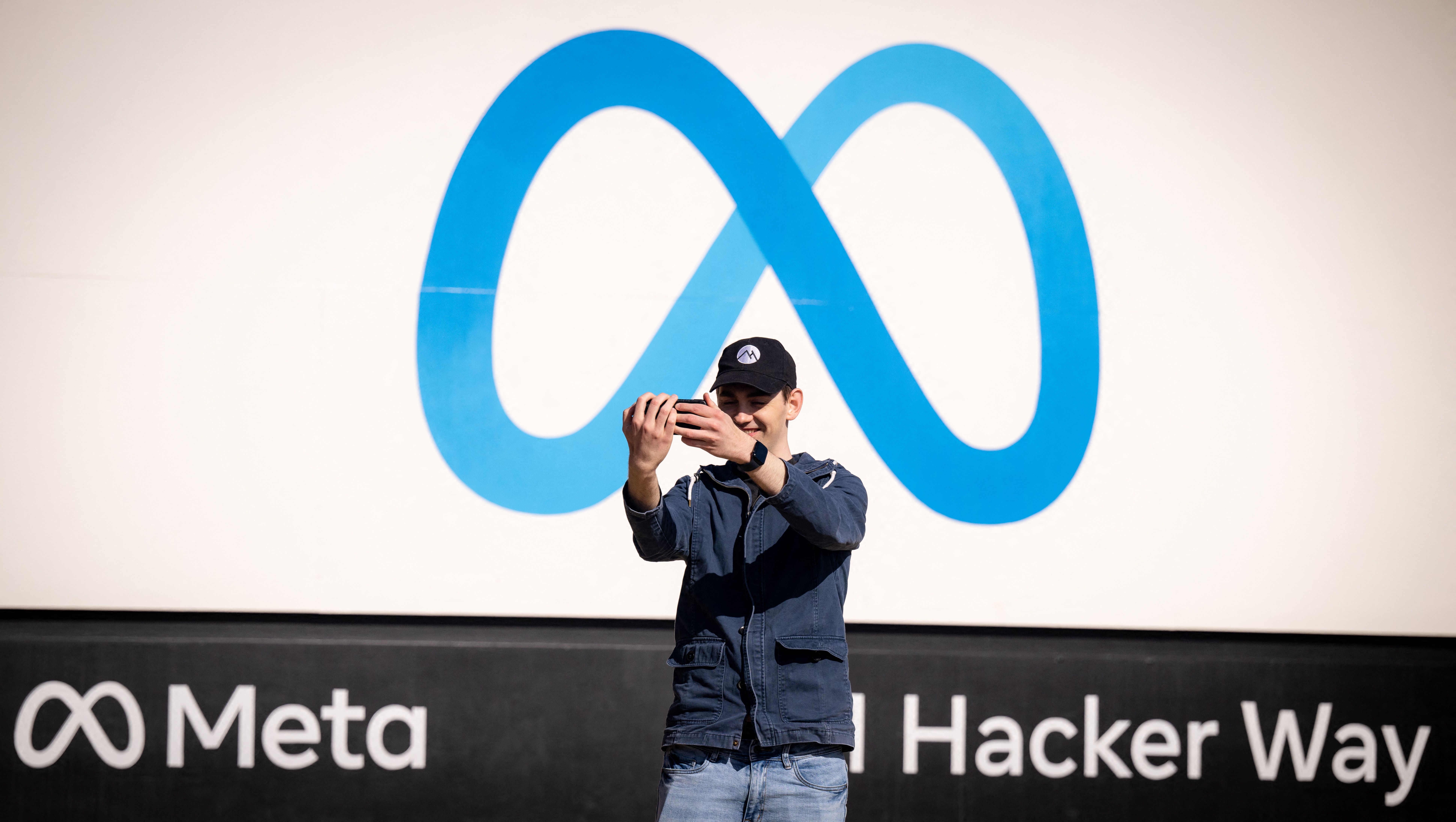Retailers have reported the steepest drop in confidence in 17 years, with sales falling before the budget, which is expected to include tax increases, according to a CBI survey.
The business lobby group’s gauge of year-on-year retail sales worsened to -32 from -27 in October, while expected sales for the month ahead improved slightly to -24 from -39. However, a quarterly measure of business sentiment for the next three months fell to -35 from -10, the weakest reading since late 2008.
“Retailers continue to grapple with weak demand as households remain cautious around day-to-day spending,” Alpesh Paleja, CBI deputy chief economist, said, adding that the budget uncertainty had restrained investment and hiring.
Equinox invests in oil exploration
The Norwegian energy group Equinor has pledged to invest more than $5.5 billion annually as it steps up oil and gas exploration to maintain output at 2020 levels until 2035.
It will drill 250 exploration wells on Norway’s continental shelf in the next ten years, driven by expectations of prolonged demand for fossil fuels.
Anders Opedal, the chief executive, told an energy conference: “This is anything but business as usual. Fighting decline on a mature shelf calls for one of the largest industrial plans Norway has ever seen.”
Global oil and gas demand could grow until 2050, the International Energy Agency said this month, rowing back on previous expectations of a speedy transition to cleaner fuels.
Equinor has scaled back its ambitions for developing renewable energy capacity, following the lead of other major European energy companies, as high costs and political resistance slow the shift away from fossil fuels.
“We still believe in these technologies. But we were too optimistic about how fast they would break through,” Opedal said.
Alibaba cashes in with instant commerce
The Chinese e-commerce company beat analysts’ estimates for quarterly revenue as a push to one-hour delivery helped drive more users to its shopping apps.
US-listed shares of the company, founded by Jack Ma, rose 2.5 per cent in premarket trading.

Jack Ma, chairman of Alibaba Group
FIRDIA LISNAWATI/AP
Major retailers in China are jostling for market share in the instant commerce space, offering big discounts and ever-quicker deliveries.
Alibaba has also benefited from Beijing’s appliance trade-in subsidies, which allow consumers to exchange old fridges and TVs for newer models at discounted prices.
The scheme has begun winding down and officially ends on December 31.
It reported revenue of $34 billion in the second quarter, slightly ahead of consensus estimates.
Novartis cuts Swiss jobs while expanding in US
Novartis planned to reduce production at a factory in northern Switzerland
JIM R BOUNDS/BLOOMBERG/GETTY IMAGES
Novartis is planning to shed 550 full-time jobs by the end of 2027 at one of its sites in Switzerland.
The Swiss pharmaceutical company said the cuts were part of plans to end production of tablets and capsules and the packaging of sterile medicines at its factory in Stein.
Novartis pledged to invest billions of dollars there in the coming years as Swiss firms expand operations in the United States in the face of President Trump’s 39 per cent tariffs. This month the American and Swiss governments announced a deal to cut the levy to 15 per cent but the lower duties have yet to be implemented.
Steffen Lang, president of operations at Novartis, insisted that the latest announcement was not connected with pledges the company made in April to expand its operations in the US, adding: “We continue to invest in Switzerland and our sites here still produce for over 120 countries.”
AO chief attacks flip-flopping on budget measures
John Roberts
TIMES PHOTOGRAPHER JACK HILL
Ministers should have “kept their mouths shut” in the lead-up to the budget, the boss of AO World has said, warning that consumer confidence had been damaged by flip-flopping on key tax policies.
“It’s not rocket science, is it? And that’s broadly what they’ve been doing, flying a kite on about 50 different tax policies,” said John Roberts, who founded the white goods seller after a £1 pub bet.
“All of it is about how they’re going to raise more money and how they’re going to spend more money, not how they’re going to spend that money better,” he said, alongside strong first-half resultsa.
On the workers’ rights bill, he said: “If you make it more difficult and more expensive for me to employ people, am I going to employ more or less people in the UK?”
Pound up, gilt yields ease, stock markets flat
The pound strengthened slightly against the dollar, UK government borrowing costs eased and London’s stock markets were flat before the budget tomorrow.
Sterling traded up 0.1 per cent at $1.3125, while the yield on ten-year gilts dipped 1 basis point to 4.53 per cent. The FTSE 100 and FTSE 250 were largely unchanged.
The budget is expected to include a range of tax measures aimed at filling a £30 billion shortfall and funding greater welfare spending.
Planned measures include freezing income tax thresholds, taxing pension contributions, introducing a charge on high-value properties and possibly second homeowners and a pay-per-mile levy on electric cars. Annual cash ISA limits may drop from £20,000 to £12,000 and milkshakes and lattes could face a sugar tax.

The Wolverhampton-based Marston’s reported a jump in pre-tax profit to £88.3 million for the year to September 27, up from £14.4 million a year earlier. The pub group said like-for-like sales rose 1.6 per cent, helped by 31 pub conversions and a focus on revenue-driving initiatives. Overall revenues dipped slightly to £897.9 million.
Justin Platt, the chief executive, said the group had started the new year with good momentum and confidence in continued growth. Marston’s, which operates 1,300 pubs across Britain, reported that like-for-like sales for the eight weeks to November 22 were in line with last year, while Christmas bookings were up 11 per cent.
Marston’s share price rose 13 per cent, or 6p, to 56p.
Banks rise on report of no increase in levy
Banking shares have risen this morning after a report that the chancellor, Rachel Reeves, will not increase the levy on lenders’ profits tomorrow in the budget.
Lloyds Banking Group, Barclays and NatWest led the risers, helping the FTSE 100 to edge up 11 points, or 0.1 per cent, to 9,546.07.
A rise in the copper prices lifted shares in the miners Anglo American and Antofagasta.
Interek, the testing and inspection company, was the biggest faller after organic growth between July and October was slightly weaker than expected at 4.1 per cent.
Domino’s Pizza chief leaves
Andrew Rennie is stepping down as chief executive of Domino’s Pizza Group with immediate effect.
Nicola Frampton, chief operations officer, will act as interim chief while the board searches for a permanent successor.
Domino’s shares have halved over the past year after the company cut its profit outlook because of weak consumer confidence and higher employment costs.
Ian Bull, the chair, said the board sees opportunities to drive growth and value in the core business and is focused on appointing a chief to execute the strategy.
Rennie was appointed in July 2023.
Beazley lowers outlook for written premiums
The Lloyd’s of London insurer has cut its forecast for growth in annual insurance written premiums — a key financial measure — to flat or low single digits, weighed down by increased competition and subdued growth in the cyber insurance sector.
Beazley reported a 4 per cent rise in net written premiums to $3.92 billion in the nine months to the end of September. Marine, aviation, and political risks led growth with a 6 per cent rise, while cyber risks fell 8 per cent in North America but outperformed in Europe.
Hilton Foods chief steps down
Steve Murrells is to step down as chief executive of the meat and fish packer, Hilton Foods, with immediate effect.
The group has appointed Mark Allen, currently non-executive chair, as executive chair “while the board considers chief executive succession”.
Hilton Foods said it still expects full-year results to be in line with guidance issued in November.
Shares in Hilton Foods have almost halved since the start of the year, falling 46 per cent.
AO World nudges up profit forecast
The online electrical retailer, AO World, has nudged up its full-year forecasts for the second time in three months alongside interim results. It now expects profits to be at the top end of its previously guided range of between £45 million and £50 million.
Pre-tax profits rose 10 per cent to £18 million in the six months to the end of September. Revenue rose 14 per cent to £586 million.
John Roberts, founder and chief executive, said: “These numbers speak for themselves.”
Compass boosted by North America
The world’s largest catering group, Compass, has reported that headline operating profit rose by a better-than-expected 11.7 per cent to $3.33 billion in the 12 months to the end of September, up from $2.99 billion the year before. Revenue rose 8.7 per cent to $46.1 billion.
The rise in profits and revenue was driven by strong performance in North America, its biggest market, which showed organic revenue growth of 4.1 per cent. Dominic Blakemore, the group chief executive, highlighted the strong performance of recent acquisitions.
Analysts had expected an underlying operating profit of about $3.31 billion on revenue of $45.4 billion for fiscal 2025.
Compass serves offices, hospitals, universities and sports and leisure events in about 30 countries globally.
B&Q owner raises profit forecast
CHRIS RATCLIFFE/BLOOMBERG/GETTY IMAGES
Kingfisher has raised its full-year profits forecast as it reported 1 per cent year-on-year rise in sales to £3.25 billion in the third quarter, despite warning of “softening market conditions in the UK and Poland”.
The international home improvement group said it now expects full-year adjusted pre-tax profit of between £540 million to £570 million, having previously guided to the upper range of between £480 million to £540 million.
In the third quarter, the UK business saw a 4.2 per cent rise in sales, driven by Screwfix. Sales in France and Poland showed subdued demand. Core and “big-ticket” categories continued to expand despite soft seasonal demand.
easyJet profits beat expectations
PETER CHARLESWORTH/LIGHTROCKET VIA GETTY IMAGES
The budget airline, easyJet, has reported better-than-expected full-year profit and said it was on track to deliver its target of £1 billion of pre-tax profits.
Pre-tax profits rose 9 per cent to £665 million in the 12 months to the end of September, up from £610 million last year. Revenue over the period rose 9 per cent to £10.1 billion, up from £9.3 billion a year ago.
Kenton Jarvis, easyJet chief executive, said: “We are well placed to seize the significant opportunities ahead, and we are confident in achieving our medium-term goal of delivering over £1 billion in profit before tax.”
Despite the rising profits, shares in easyJet are still trading 60 per cent below pre-Covid highs, more than five years after the pandemic. The FTSE 100 has risen 25 per cent over the same period.
Meta to spend billions on Google AI chips
JOSH EDELSON/AFP/GETTY IMAGES
Nvidia shares have fallen in after-market trading on signs that Meta looks to be challenging its dominant position after it was reported to be in talks to spend billions on Google’s AI chips.
Meta is in negotiations to use the Google chips in data centres in 2027, The Information reported. Shares in Meta and Google parent Alphabet rose.
Meta is currently heavily reliant on Nvidia GPUs (graphics processing units), so this would be a big shift.
Meanwhile, Michael Burry, the hedge fund manager on whom the film The Big Short is based, is standing by his criticism that Nvidia’s valuation is distorted by aggressive stock-based compensation, and AI demand is inflated by circular financing rather than real end customers.
Here’s his post on X.
Please enable cookies and other technologies to view this content. You can update your cookies preferences any time using privacy manager.
Enable cookiesAllow cookies onceTech stocks and US rate hopes lift markets
Asian stocks rose as investors returned to technology shares, with worries about overvalued AI-related names easing and dovish Federal Reserve comments boosting expectations of a US rate cut in December.
MSCI’s Asia-Pacific index outside Japan gained 1 per cent, recovering part of last week’s 4 per cent drop. Japan’s Nikkei edged up 0.1 per cent after a holiday, after a 3.5 per cent slide last week.
US rate-cut expectations strengthened after the Federal Reserve governor Christopher Waller said soft labour data supported another quarter-point cut, with markets now pricing an 85 per cent chance.
The comments helped gold extend gains to hit its highest in more than a week, rising 0.1 per cent to $4,140.85 an ounce after rising 1.8 per cent on Monday. Wall Street rallied overnight, led by tech, while FTSE 100 futures signalled a slightly lower open.
